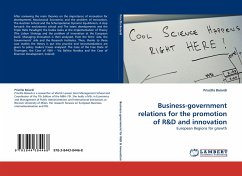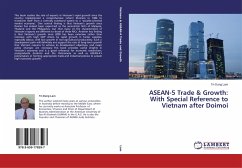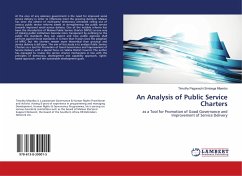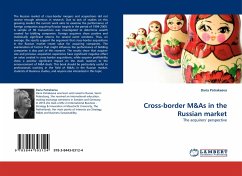This study aims to broaden the scope of export promotion knowledge by incorporating satisfaction with export promotion programs, export marketing strategy, and export performance into an integrated model and empirically investigating the direct and indirect impacts of satisfaction with export promotion programs on firms export performance. To improve the effectiveness of export promotion programs, this study offers a new perspective to the analysis called perceived gap , and it applies satisfaction theory to operationalize this concept. Level of satisfaction refers to how well the export promotion programs deal with the export activities that exporters find important. The size of the perceived gap is then related to the export success of firms. Large perceived gaps indicate that the government assistance program does not match firms expectations, and they do not consider the programs helpful. This study is specifically concerned with manufacturing firms that export noncommodity products, and with trading firms. A mail survey was conducted to obtain primary data from Thai exporting firms from 13 industries.
Bitte wählen Sie Ihr Anliegen aus.
Rechnungen
Retourenschein anfordern
Bestellstatus
Storno








